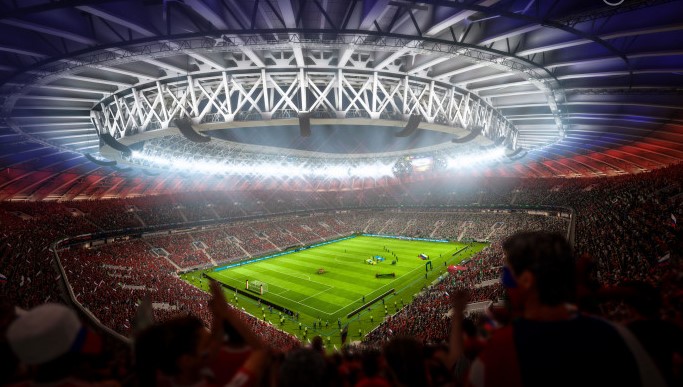French Ballon D`or History
French Ballon D`or History
Fifa World Cup History All Time 🏈
Yellow Cards Rules
Ronaldo Luís Nazário de Lima
Ronaldo Luís Nazário de Lima, commonly known as Ronaldo, was born on September 18, 1976, in Rio de Janeiro, Brazil.
Club Career:
Cruzeiro (1993-1994):
PSV Eindhoven (1994-1996):
Barcelona (1996-1997):
Inter Milan (1997-2002):
Real Madrid (2002-2007):
AC Milan (Loan in 2007-2008):
Corinthians (2009):
International Career (Brazil):
Career Achievements:
Leo Messi
Birth date : 24th June ,1987 . He was Born in Rosario, Santa Fe, Argentina.
From the streets of Rosario to the grand stages of Camp Nou and beyond, Messi's journey has been nothing short of extraordinary. His rise to prominence, fueled by an insatiable hunger for victory and an innate ability to leave defenders in his wake, has etched his name among the all-time greats. In this exploration of Messi's statistical prowess, we delve into the numbers that define his illustrious career, revealing the sheer magnitude of his impact on the sport.
Leo Messi whole career stats
FC Barcelona (Senior Team):
Appearances: Over 700 (exact number might vary based on the time of your inquiry)
Goals: Over 600
Assists: Over 250
Paris Saint-Germain (PSG):
Messi joined PSG in August 2021,
and his statistics with the club would depend on the period you're asking about.
International Career (Argentina):
Messi has represented Argentina in various international competitions,.
Including the FIFA World Cup and the Copa America
He won the Copa America with Argentina in 2021.
Individual Awards and Achievements:
Messi has won the FIFA Ballon d'Or multiple times,
establishing himself as one of the greatest footballers
in the history of the sport.
He has received numerous other individual awards,
including the Golden Shoe for being the top scorer in European leagues.



